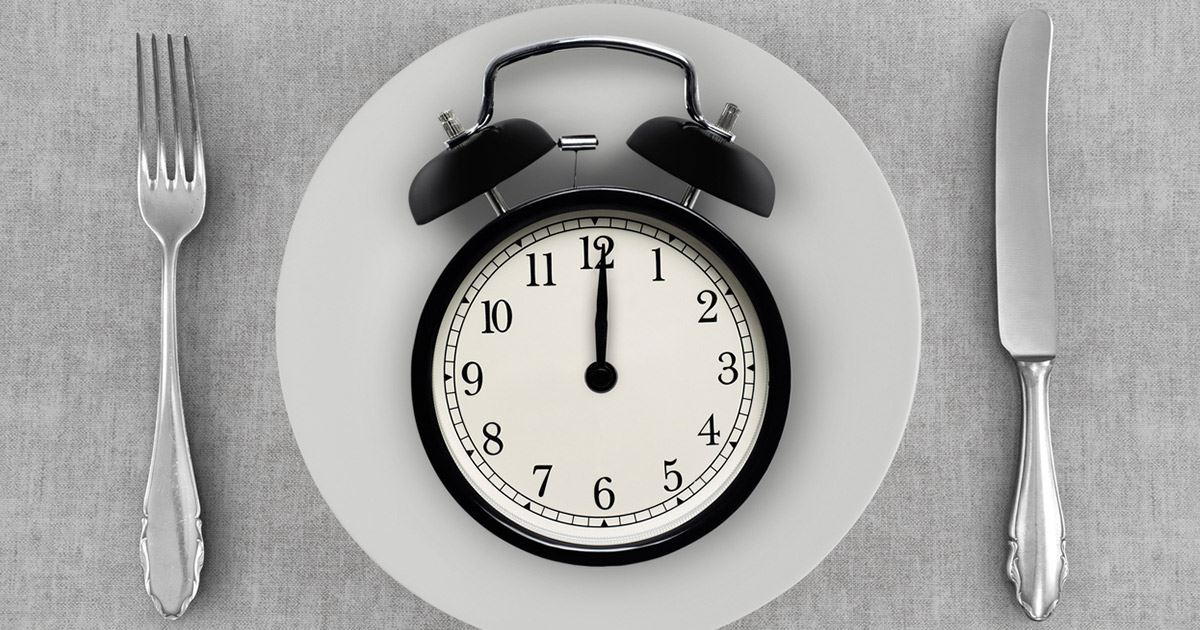The California Supreme Court on July 15 issued a new ruling that requires rest and meal period premiums to include nondiscretionary payments, such as bonuses and other incentive payments, in addition to the employee’s base hourly rate.
The ruling is a result of the Ferra v. Loews Hollywood Hotel LLC case, in which an employee filed a class-action lawsuit arguing that nondiscretionary incentive payments should be factored into the regular rate of compensation for purposes of meal and rest break premiums.
Employers are required to pay premiums if they fail to provide their employees with a legally compliant meal or rest break.
Premium payments were previously calculated using an employee’s base hourly rate; however, the new ruling now aligns the formula for calculating meal period and rest break premium payments with the formula for calculating overtime payments under the California law. Regulations state that the payment of overtime must include all forms of wages such as hourly earnings, a daily salary, piecework earnings and commissions.
Employers who fail to provide a required rest or meal period must pay a one-hour premium for each workday that the rest or meal period is missed.
The Court also held that this ruling applies retroactively. Employers who have previously paid missed meal and rest break premiums should carefully consider next steps and contact their employment law counsel.
An employer is not liable for meal period violations if they can prove that meal period premiums were paid or that the employee was provided a compliant meal period during which they voluntarily chose to work during the break or skip, shorten or delay the break.
California Supreme Court ruling enforces accurate timekeeping practices for meal breaks
This new ruling follows a Feb. 25 California Supreme Court ruling that requires stricter meal practices in the workplace, underscoring the responsibility of dental practice owners to enforce break policies that are compliant with California laws.
That ruling stemmed from the Donohue v. AMN Services, LLC case, in which an employee sued her employer for not complying with California’s requirement to provide a minimum 30-minute unpaid meal period within the first five hours of work.
According to the lawsuit, the employer’s timekeeping policy rounded time punches to the nearest 10-minute increment, resulting in meal periods that were as short as 22 minutes being rounded up to 30 minutes.
The Supreme Court found that rounding the time for meal breaks infringes on an employee’s right to a full 30-minute meal period and that an employee must be properly compensated for shortened breaks.
The court also ruled that time records showing a missed short or late meal period raises a “rebuttable presumption” of a meal period violation and that an employer must ensure that an employee is relieved of their duties and has a reasonable opportunity to take an uninterrupted 30-minute break.
This case highlights the importance of dental practice owners to have clear meal break policies and accurate timekeeping practices in place.
According to Littler, an employment and labor law practice, employers should consider the following:
- Have policies and practices that notify employees of the availability of timely, uninterrupted and complete meal and rest periods.
- Accurately track that employees are provided with a minimum full 30-minute meal period that starts prior to completing the fifth hour of work and the tenth hour for second meal periods and does not utilize rounding.
- Determine whether an employee is entitled to a meal period premium, which is one hour of pay at their regular rate of compensation and pay that premium accordingly.
As a best practice, employers should provide legally compliant meal breaks, discourage employees from working through their meal breaks and avoid paying meal period premium routinely.
Dental practice owners can use CDA’s Sample Meal and Rest Break Policy as a guide for drafting a policy specific to their dental office.

